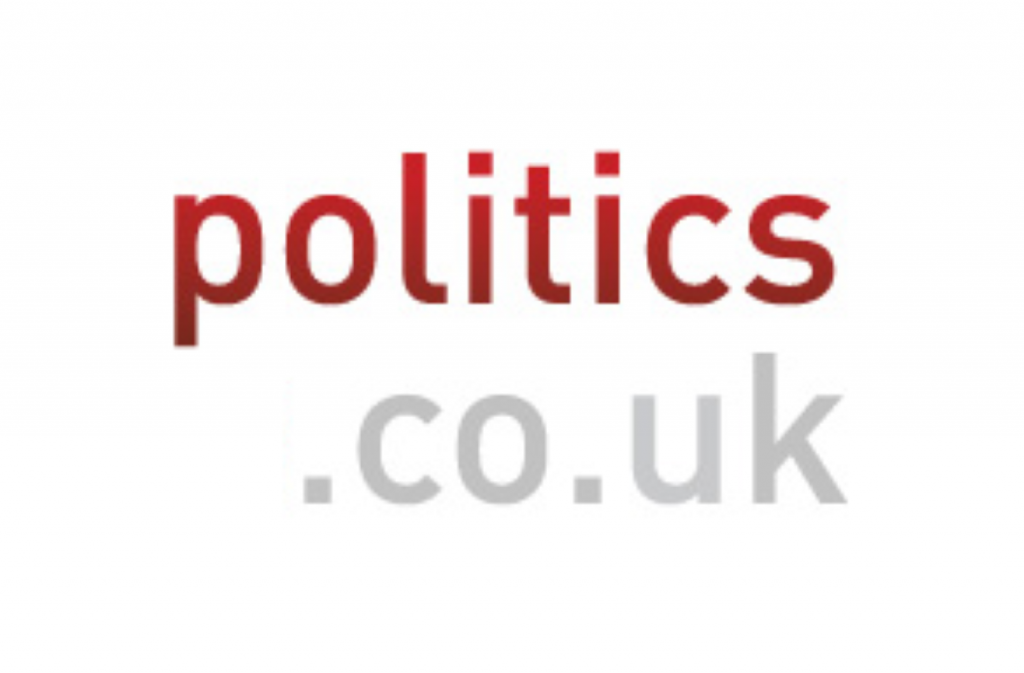Kennedy: Taxation can be a force for good
Taxation can be a “force for good”, according to the Liberal Democrat leader Charles Kennedy.
Speaking at the Commonwealth Club ahead of the Chancellor’s Pre-Budget Report, he said that the Lib Dems have been “consistently open with the British people about tax and in the coming general election we are making it clear our commitment is to fairer and simpler tax – not higher levels of general taxation.”
Describing the Liberal Democrats as a “party of economic liberalism”, Mr Kennedy said that whilst he wanted people to be able to keep as much of their earnings as possible, “we are also a party of social justice, opportunity and fairness. Without wealth creation, there is no wealth to spread.
“That is why our liberal tradition emphasises free trade and the opening up of both private and state monopolies to competition, allowing markets to work and freeing enterprise from the shackles of unnecessary regulation.”


But, he argued that sustained investment in the public services is needed and that rather than taxation being a ‘necessary evil’ he believes that it can be a “force for good – providing it is well spent.
“In a liberal society, the battle against poverty can be taken forward by ensuring that through the law and through proper sustainable investment in services for all, no one is disadvantaged by accident of birth in making the best of their talents.”
He poured scorn on Labour’s “stealth tax strategy” and the “obvious unfairness” of the current system, especially council tax – which he promised to scrap in favour of a local income tax.
Instead, they would introduce a new 50 per cent top rate of tax for those earning in excess of £100,000 a year to fund the abolition of tuition fees and free personal care for the elderly.
Clearly determined to counter critics who claim the Lib Dem policies are un-costed, Mr Kennedy also promised to re-allocate £5 billion of current government spending, reform the way government works, slim down Whitehall and sell off some government assets. This, he said, would allow them to reduce means testing for pensioners, reintroduce free eye and dental checks and increase the numbers of police.
A further specific proposal was to strengthen the role of the National Audit Office so that it reports formally on the government’s fiscal performance and reviews budget assumptions “with the object of keeping Parliament informed, enabling it effectively to hold the government to account.”

